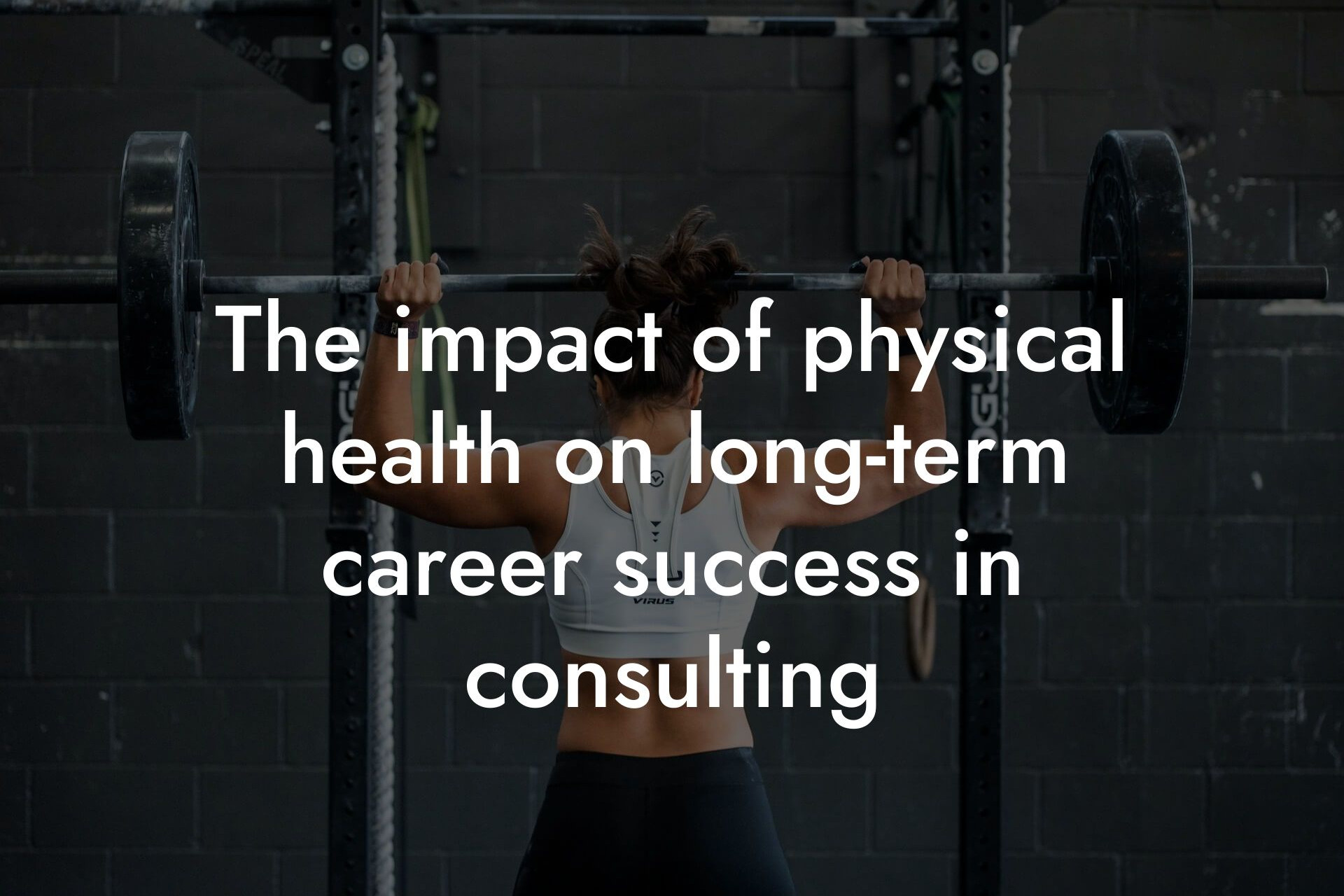As a high-earning professional, you understand the importance of maintaining a healthy and fit physique. Not only does it boost your confidence, but it also enhances your productivity, energy levels, and overall well-being. At Tano Performance Group, we believe that a complete body assessment is essential to take your business to the next level. This is where DEXA scans come into play. In this article, we will delve into the benefits of DEXA scans for business advisors like yourself, and how they can help you achieve your goals.
Table of Contents
- What is a DEXA Scan?
- Benefits of DEXA Scans for Business Advisors
- Accurate Body Composition Analysis
- Personalized Nutrition and Training Plans
- Early Detection of Health Risks
- Improved Mental Clarity and Focus
- Enhanced Confidence and Productivity
- How Often Should You Get a DEXA Scan?
- Frequently Asked Questions
What is a DEXA Scan?
A DEXA (Dual-Energy X-ray Absorptiometry) scan is a non-invasive, pain-free medical imaging test that measures bone density, body composition, and fat distribution. It uses low-level X-rays to produce a detailed image of your body's internal composition. This advanced technology provides a comprehensive picture of your overall health, allowing you to make informed decisions about your fitness and wellness journey.
Benefits of DEXA Scans for Business Advisors
As a business advisor, you lead a busy and demanding lifestyle. You need to be at the top of your game, both physically and mentally. A DEXA scan can help you achieve this by providing valuable insights into your body composition, bone density, and fat distribution. Here are some benefits of DEXA scans specifically for business advisors:
Accurate Body Composition Analysis
A DEXA scan provides an accurate breakdown of your body composition, including lean mass, fat mass, and bone density. This information is essential for business advisors who need to maintain a high level of physical fitness to keep up with the demands of their job. With a DEXA scan, you can identify areas for improvement, set realistic goals, and track your progress over time.
Personalized Nutrition and Training Plans
Armed with the data from your DEXA scan, you can create a personalized nutrition and training plan tailored to your specific needs. This ensures that you're fueling your body with the right foods and exercising in a way that optimizes your results. As a business advisor, you understand the importance of data-driven decision-making, and a DEXA scan provides the data you need to make informed choices about your health and fitness.
Early Detection of Health Risks
A DEXA scan can detect potential health risks, such as osteoporosis, sarcopenia, and visceral fat accumulation, early on. This allows you to take proactive steps to mitigate these risks and prevent chronic diseases. As a business advisor, you know that prevention is better than cure, and a DEXA scan provides the insights you need to take control of your health.
Improved Mental Clarity and Focus
Exercise and nutrition play a critical role in maintaining mental clarity and focus. A DEXA scan helps you optimize your physical health, which in turn, improves your mental well-being. With a clear mind and focused energy, you'll be better equipped to tackle the demands of your job and make informed decisions that drive business growth.
Enhanced Confidence and Productivity
When you look good, you feel good. A DEXA scan helps you achieve your fitness goals, which can boost your confidence and self-esteem. As a business advisor, you understand the importance of projecting confidence and authority. With a DEXA scan, you can unlock your full potential and take your business to the next level.
How Often Should You Get a DEXA Scan?
The frequency of DEXA scans depends on your individual goals and needs. At Tano Performance Group, we recommend getting a DEXA scan every 6-12 months to track your progress and make adjustments to your nutrition and training plan as needed. This ensures that you're on track to achieving your goals and maintaining optimal health and fitness.
In conclusion, DEXA scans are a valuable tool for business advisors who want to optimize their physical health, mental well-being, and business performance. By providing accurate insights into body composition, bone density, and fat distribution, DEXA scans empower you to make informed decisions about your health and fitness journey. At Tano Performance Group, we're committed to helping high-earning professionals like yourself achieve their goals and unlock their full potential. Contact us today to schedule your DEXA scan and take the first step towards a healthier, happier, and more successful you.
Frequently Asked Questions
What is a DEXA scan?
A DEXA (Dual-Energy X-ray Absorptiometry) scan is a non-invasive medical test that measures bone density and body composition. It is commonly used to diagnose osteoporosis, but it also provides valuable information about body fat percentage, lean mass, and other health metrics.
What are the benefits of DEXA scans for business advisors?
As a business advisor, a DEXA scan can provide valuable insights into your overall health and wellness, helping you optimize your physical performance and mental acuity. By understanding your body composition and bone density, you can make informed decisions about your diet, exercise, and lifestyle to improve your energy levels, reduce stress, and enhance your professional performance.
How does a DEXA scan work?
A DEXA scan uses low-level X-rays to measure the density of your bones and body tissues. The test is quick, taking around 10-15 minutes, and is usually performed on the hips and spine. The results provide a detailed analysis of your bone density, body fat percentage, lean mass, and other health metrics.
What can I expect during a DEXA scan?
During a DEXA scan, you will lie on an examination table, and a technician will position the X-ray machine above you. You will be asked to remain still and hold your breath for a few seconds while the machine takes the necessary images. The test is painless and non-invasive, and you will not feel any discomfort.
How accurate are DEXA scans?
DEXA scans are highly accurate and reliable, providing precise measurements of bone density and body composition. The test has a high degree of precision, with an error margin of around 1-2%. This makes it an ideal tool for tracking changes in your body over time.
What are the risks associated with DEXA scans?
DEXA scans are extremely safe, and the risks are minimal. The test uses low-level X-rays, which are much safer than traditional X-rays. You will be exposed to a very small amount of radiation, equivalent to a few days of natural background radiation.
How often should I get a DEXA scan?
The frequency of DEXA scans depends on your individual needs and health goals. If you are monitoring changes in your body composition or bone density, you may want to get a scan every 6-12 months. If you are using the scan as a baseline measurement, you may only need to get one every 2-3 years.
Can I get a DEXA scan if I'm pregnant or breastfeeding?
It is generally not recommended to get a DEXA scan if you are pregnant or breastfeeding. The test uses X-rays, which may pose a risk to the developing fetus or baby. However, if you have a medical condition that requires a DEXA scan, your healthcare provider will discuss the risks and benefits with you.
How long does it take to get the results of a DEXA scan?
The results of a DEXA scan are usually available within 24-48 hours. Your healthcare provider will review the results with you and provide a detailed analysis of your bone density and body composition.
What do the results of a DEXA scan mean?
The results of a DEXA scan provide a detailed analysis of your bone density and body composition. The report will include your T-score, which measures bone density, and your Z-score, which compares your bone density to that of a healthy adult of the same age and sex. The report will also provide information about your body fat percentage, lean mass, and other health metrics.
What is a T-score?
A T-score is a measure of your bone density compared to that of a healthy adult of the same age and sex. A T-score of -1 or higher is considered normal, while a score of -2.5 or lower indicates osteoporosis.
What is a Z-score?
A Z-score is a measure of your bone density compared to that of a healthy adult of the same age, sex, and ethnicity. A Z-score of 0 or higher is considered normal, while a score of -2 or lower indicates low bone density.
What is the difference between a DEXA scan and a body fat scale?
A DEXA scan provides a detailed analysis of your body composition, including bone density, lean mass, and body fat percentage. A body fat scale, on the other hand, only measures body fat percentage. While a body fat scale can provide a rough estimate of your body composition, it is not as accurate or comprehensive as a DEXA scan.
Can I use a DEXA scan to track my progress?
A DEXA scan is an ideal tool for tracking changes in your body composition and bone density over time. By getting regular scans, you can monitor the effectiveness of your diet and exercise program and make adjustments as needed.
How much does a DEXA scan cost?
The cost of a DEXA scan varies depending on the location and provider. On average, the cost ranges from $100 to $300. Some insurance plans may cover the cost of a DEXA scan, so it's best to check with your provider.
Is a DEXA scan covered by insurance?
Some insurance plans may cover the cost of a DEXA scan, especially if you have a medical condition that requires monitoring. It's best to check with your insurance provider to determine the coverage and any out-of-pocket costs.
Can I get a DEXA scan at my doctor's office?
Some doctor's offices may offer DEXA scans, but it's not a common practice. Typically, DEXA scans are performed at hospitals, imaging centers, or specialized clinics.
How do I prepare for a DEXA scan?
To prepare for a DEXA scan, wear loose, comfortable clothing and avoid wearing jewelry or metal objects. You should also avoid eating a heavy meal before the test and try to stay hydrated.
What are the limitations of DEXA scans?
While DEXA scans are highly accurate, they do have some limitations. The test may not be accurate for individuals with metal implants, such as hip replacements, or those with a high body mass index (BMI). Additionally, DEXA scans may not provide accurate results for individuals with certain medical conditions, such as osteopenia or osteoporosis.
Can DEXA scans be used for athletes?
Yes, DEXA scans can be used for athletes to optimize their physical performance and reduce the risk of injury. By understanding their body composition and bone density, athletes can tailor their training and nutrition programs to improve their performance and achieve their goals.
How does Tano Performance Group use DEXA scans?
Tano Performance Group uses DEXA scans as a valuable tool to help high-earning professionals optimize their physical performance and achieve their health and wellness goals. Our team of experts will work with you to interpret the results of your DEXA scan and develop a personalized program to improve your body composition, bone density, and overall health.
What is the relationship between DEXA scans and osteoporosis?
DEXA scans are commonly used to diagnose osteoporosis, a condition characterized by low bone density. By measuring bone density, DEXA scans can help identify individuals at risk of osteoporosis and monitor the effectiveness of treatment programs.
Can DEXA scans be used for children?
Yes, DEXA scans can be used for children to monitor bone density and body composition. This is especially important for children with certain medical conditions, such as osteogenesis imperfecta, or those who are at risk of developing osteoporosis.
What is the difference between a DEXA scan and a bone density test?
A DEXA scan is a type of bone density test that measures bone density and body composition. Other types of bone density tests include quantitative computed tomography (QCT) and peripheral dual-energy X-ray absorptiometry (pDXA). While these tests measure bone density, they do not provide the same level of detail as a DEXA scan.
Can I get a DEXA scan if I have a pacemaker or implantable cardioverter-defibrillator (ICD)?
It is generally safe to get a DEXA scan if you have a pacemaker or ICD. However, it's best to inform your healthcare provider about your medical devices before the test to ensure your safety.
Here are some related articles you might love...
- How to maintain a healthy lifestyle in a high-pressure consulting role
- How consultants can stay fit while traveling
- The impact of physical health on long-term career success in consulting
- The connection between body composition and advisory effectiveness
- Nutrition strategies for maintaining energy during client meetings
- Time management tips for balancing consulting work and fitness
- Quick workouts for consultants on the road
- The importance of maintaining a professional physique in consulting
- How physical fitness can improve client relations for consultants
Zak Faulkner
Zak Faulkner is a leading authority in the realm of physical health and body composition analysis, with over 15 years of experience helping professionals optimise their fitness and well-being. As one the experts behind Tano Performance Group, Zak has dedicated his career to providing in-depth, science-backed insights that empower clients to elevate their physical performance and overall health.
With extensive knowledge of DEXA technology, Zak specializes in delivering comprehensive body assessments that offer precise data on body fat, muscle mass, bone density, and overall physique. His expertise enables individuals to make informed decisions and achieve their fitness goals with accuracy and confidence. Zak’s approach is rooted in a deep understanding of human physiology, combined with a passion for helping clients unlock their full potential through personalised strategies.
Over the years, Zak has earned a reputation for his commitment to excellence, precision, and client-focused service. His guidance is trusted by top professionals who demand the best when it comes to their health. Whether advising on fitness programs, nutritional strategies, or long-term wellness plans, Zak Faulkner’s insights are a valuable resource for anyone serious about taking their health and fitness to the next level.
At Tano Performance Group, Zak continues to lead our Content Team revolutionising how professionals approach their physical health, offering unparalleled expertise that drives real results.




